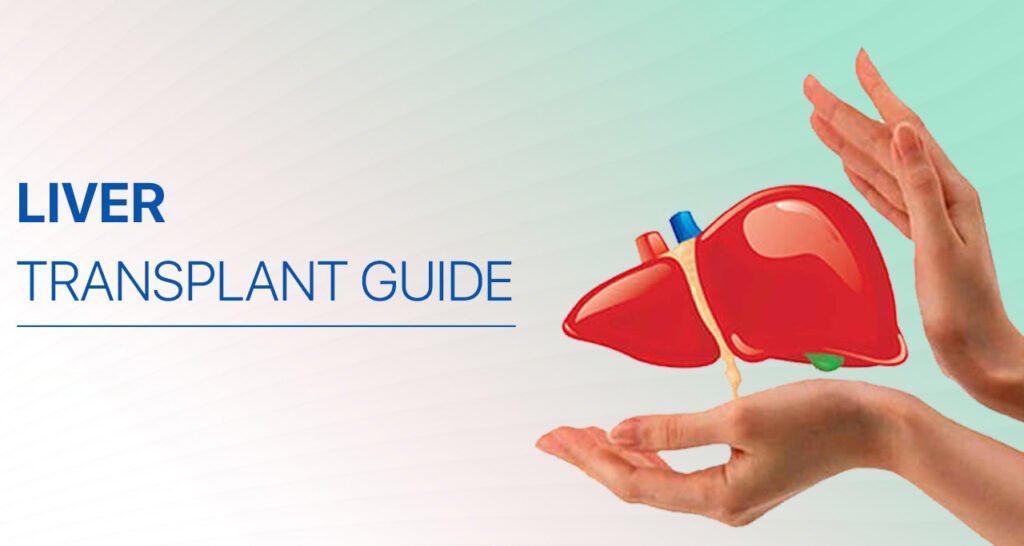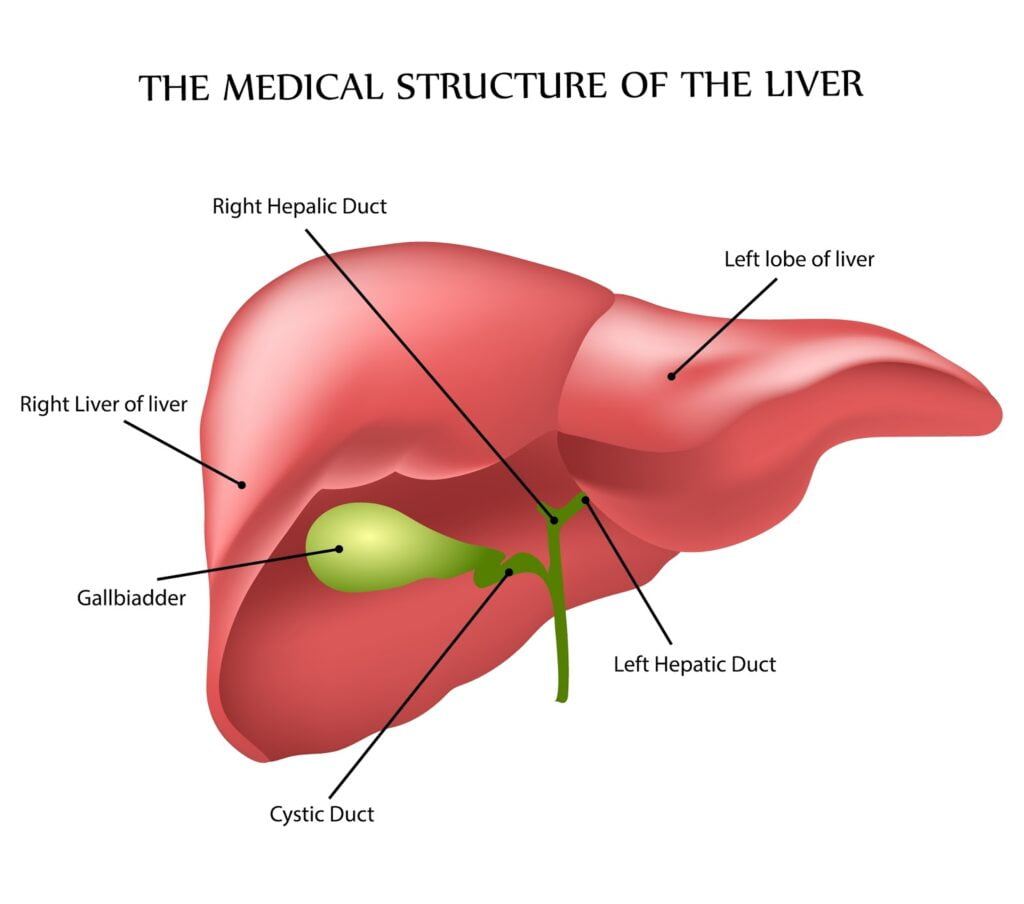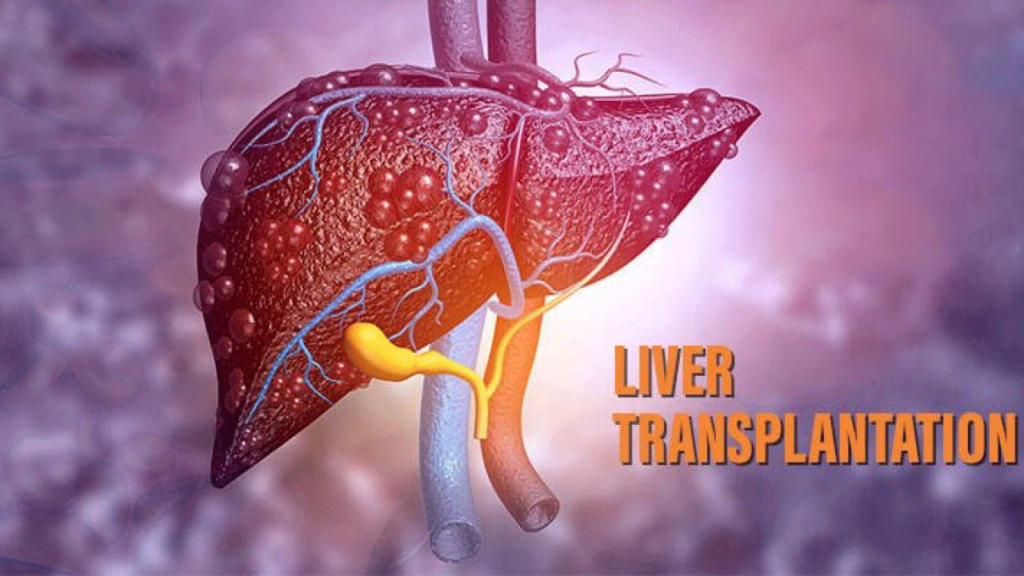
Liver transplant surgery is a complex procedure that involves replacing a damaged liver with a healthy one from a donor. It is typically recommended for patients who have end-stage liver disease, acute liver failure or certain types of liver cancer.
Preparing for liver transplant surgery can be overwhelming and stressful, but it’s important to take the time to properly prepare yourself physically and mentally for this life-changing experience. In this blog post, we will discuss some key steps you can take to help ensure a successful liver transplant surgery.
1.Find a qualified transplant center
The first step in preparing for liver transplant surgery is to find a qualified transplant center. Look for a center that has experience performing liver transplants and offers comprehensive care before and after the surgery. You may also want to consider factors such as location, insurance coverage, and support services offered by the center.
2.Get evaluated for transplant candidacy
Once you’ve identified a transplant center, you’ll need to undergo a thorough evaluation to determine if you’re a candidate for liver transplant surgery. This evaluation will include blood tests, imaging studies, and other medical exams to assess your overall health and the severity of your liver disease.
3.Prepare for surgery
If you are deemed a suitable candidate for liver transplant surgery, you will need to prepare yourself physically and mentally for the procedure. Your healthcare team will provide you with detailed instructions on how to prepare for surgery, which may include:
You may also need to take medications to manage any underlying medical conditions and reduce the risk of complications during and after surgery.
4.Arrange for a living donor (if applicable)
In some cases, a living donor may be able to donate part of their liver for transplantation. If you have a potential living donor, your healthcare team will evaluate them to determine if they are a suitable match and can safely undergo the donation procedure. If a living donor is not an option, you will be placed on the national transplant waiting list.
5.Plan for post-surgery care
After liver transplant surgery, you will need to stay in the hospital for several days or even weeks to recover. Once you are discharged, you will require ongoing medical care and monitoring to ensure that your new liver is functioning properly and to prevent complications such as infection or rejection.
It’s important to have a plan in place for this post-surgery care, including transportation to and from medical appointments, caregiver support, and any necessary lifestyle changes (such as dietary restrictions or medication management).
6.Seek emotional support
Preparing for liver transplant surgery can be emotionally challenging, and it’s important to seek support from family, friends, or a mental health professional if needed. You may also find it helpful to connect with other transplant recipients or join a support group to share experiences and offer mutual encouragement.
In conclusion, preparing for liver transplant surgery requires careful planning and preparation. By finding a qualified transplant center, undergoing a thorough evaluation, preparing yourself physically and mentally, arranging for a living donor (if applicable), planning for post-surgery care, and seeking emotional support, you can help ensure a successful outcome and a better quality of life after surgery.















Indian Health Adviser (IHA) is a healthcare facilitator seeking to make health and wellness easier for people of international residents, their families, and their friends.
Designed by Acmeinfolabs